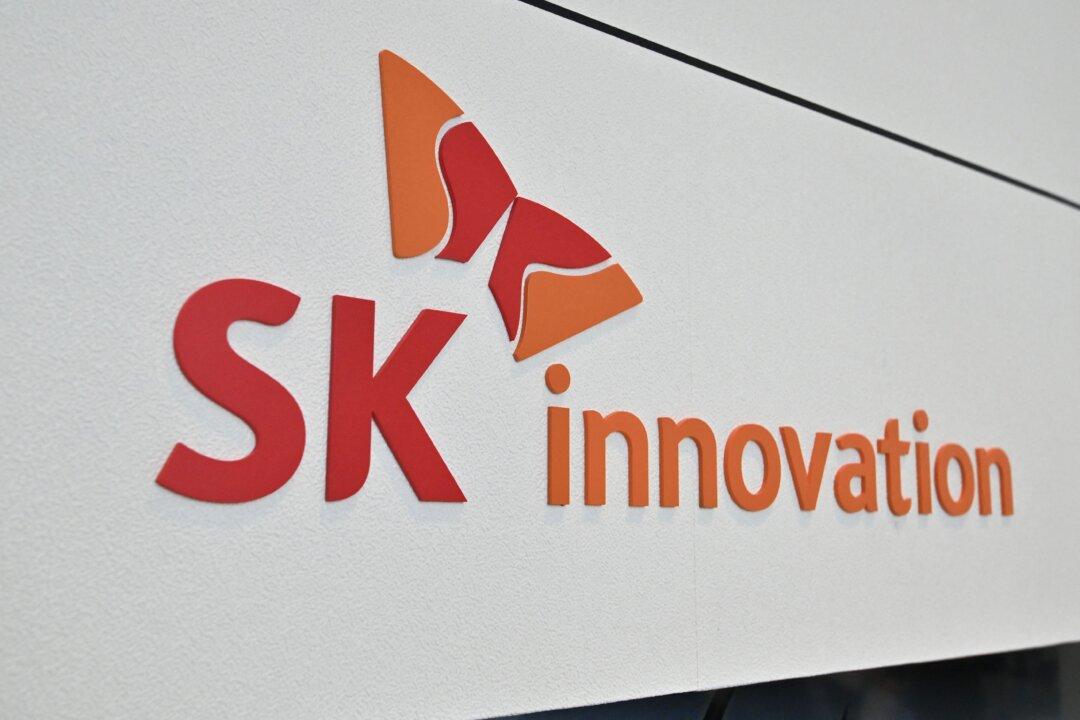The three top battery manufacturers in South Korea will have to increase the prices of their products soon because the cost of raw materials from China has skyrocketed since the beginning of last year.
South Korea’s output of rechargeable batteries comprises nearly half of the global production, but the country’s key battery materials are heavily dependent on imports, especially rare earths and other raw materials from China.





